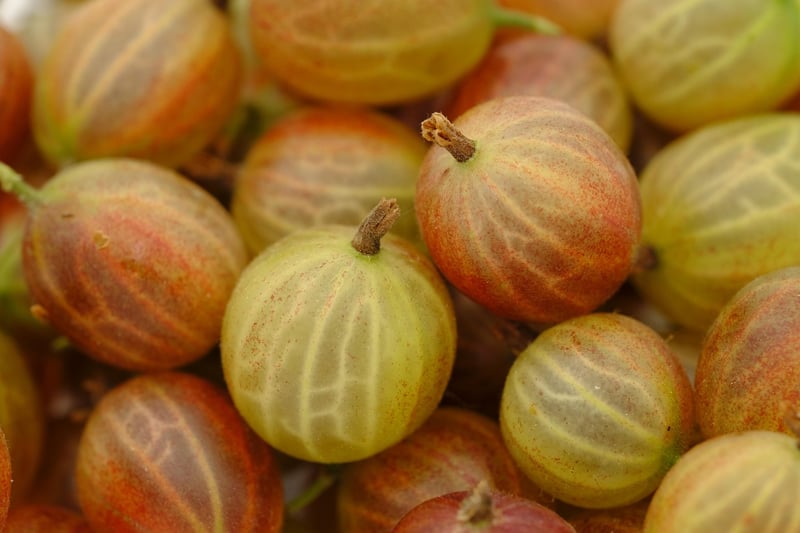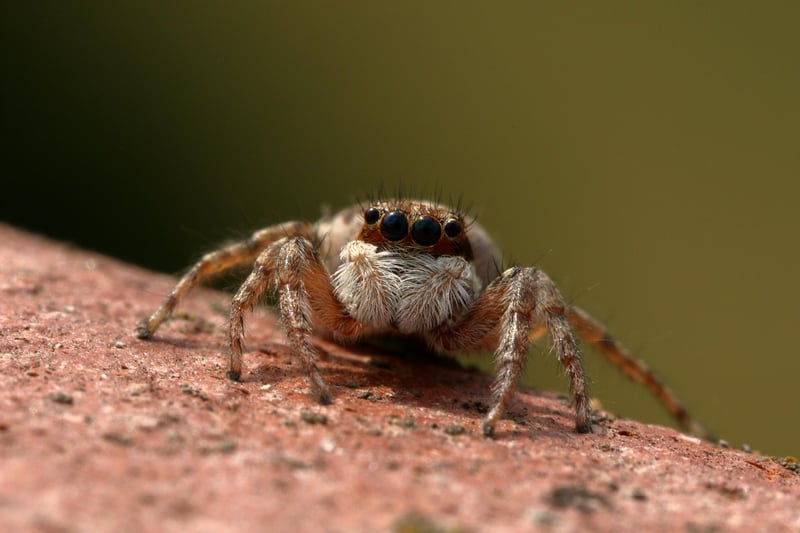Pest Control
#Watering
#Pruning
#Pests
Essential Care for Healthy Plants + Pest Control
The Importance of Proper Plant Care
Healthy plants not only enhance the beauty of your surroundings but also contribute to a balanced ecosystem. To ensure your plants thrive, it's essential to provide them with proper care and attention.
Basic Plant Care Tips
- Watering: Water your plants regularly, but avoid overwatering which can lead to root rot.
- Sunlight: Place your plants in areas where they can receive adequate sunlight based on their specific requirements.
- Fertilizing: Use appropriate fertilizers to provide essential nutrients for healthy growth.
- Pruning: Regularly prune your plants to encourage new growth and maintain shape.
- Repotting: Repot your plants when they outgrow their current containers to prevent root-bound issues.
Identifying and Treating Plant Pests
Despite your best efforts, plants can still fall victim to pests that can damage their health. It's crucial to identify common plant pests and take prompt action to control them.
Common Plant Pests:
- Aphids: Small, soft-bodied insects that suck sap from plants.
- Spider Mites: Tiny pests that feed on plant juices, causing yellow stippling on leaves.
- Mealybugs: White, cottony pests that cluster on plant stems and leaves.
- Scale Insects: Hard or soft scales that attach to plant surfaces and feed on sap.
Methods for Pest Control:
- Natural Predators: Introduce beneficial insects like ladybugs or lacewings to prey on plant pests.
- Neem Oil: Use neem oil as a natural insecticide to control a variety of plant pests.
- Homemade Remedies: Create DIY solutions like soapy water sprays to deter pests.
- Pruning and Cleaning: Remove infested plant parts and debris to minimize pest populations.
Conclusion
By following these essential care tips and being proactive in identifying and controlling plant pests, you can ensure your plants remain healthy and vibrant. Remember, a little attention and care go a long way in maintaining a thriving garden.


